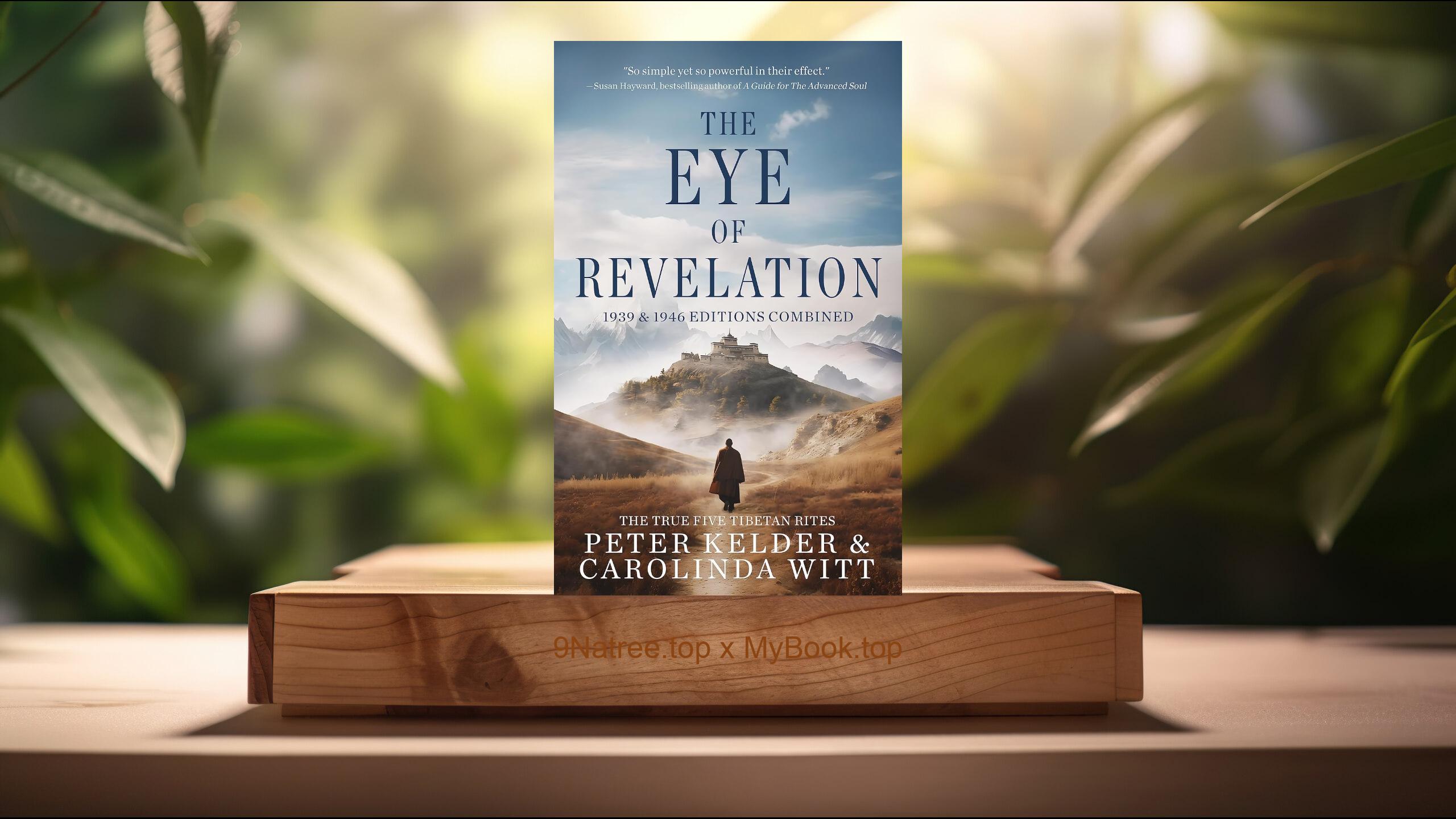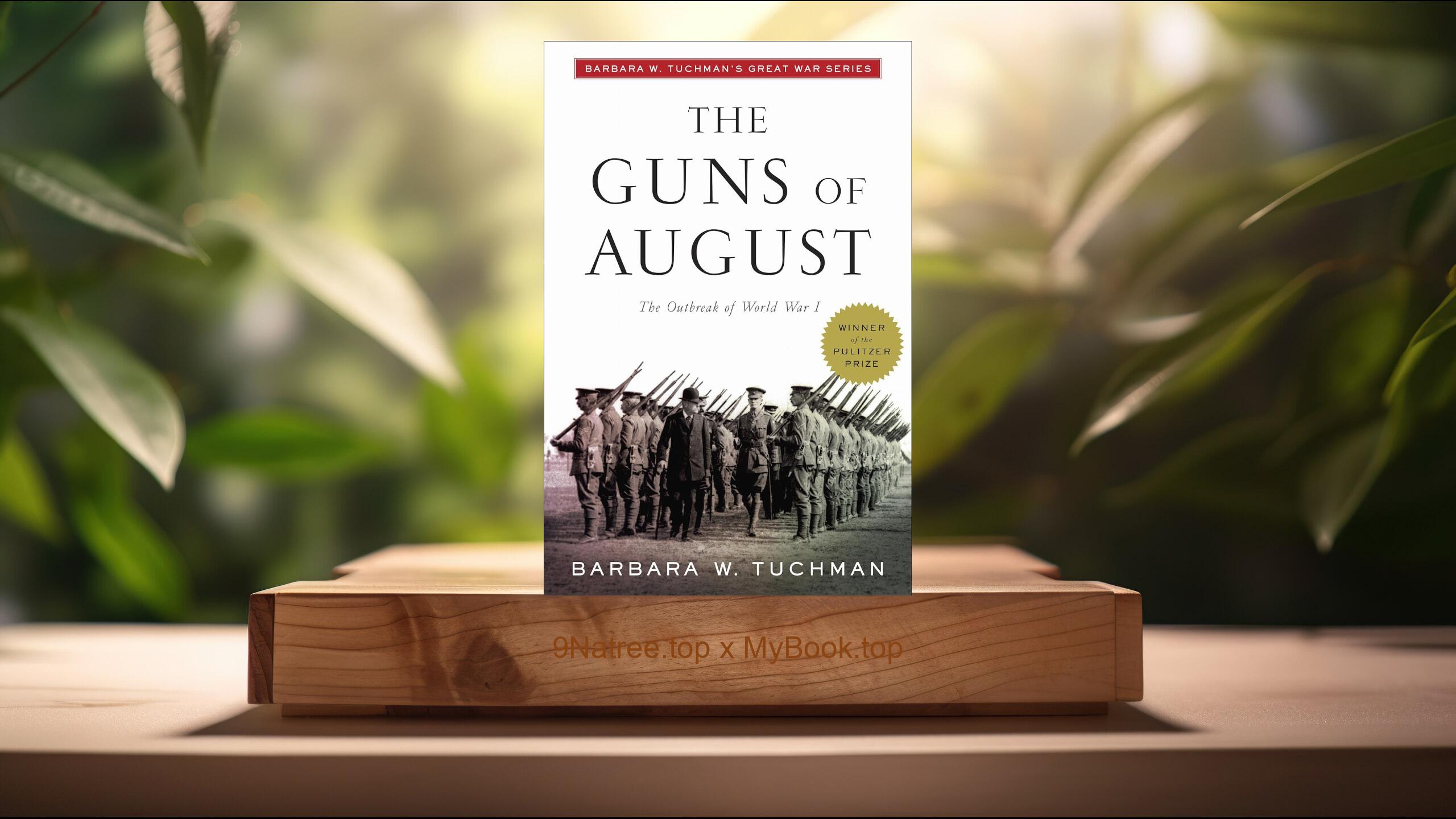Show Notes
Buy on Amazon: https://www.amazon.com/dp/B078FZ9SYB?tag=9natree-20
Read more: https://mybook.top/read/B078FZ9SYB/
#ObjectiveandKeyResults(OKRs) #GoalSetting #OrganizationalGrowth #LeadershipandManagement #PerformanceMeasurement #JohnDoerr #InnovationandScaling #StrategicPlanning
These are takeaways from this book.
Firstly, The Origin and Evolution of OKRs, The concept of Objectives and Key Results (OKRs) has revolutionized the approach towards goal-setting and performance measurement. Originating from Intel under the guidance of Andy Grove and later popularized by John Doerr, OKRs embody the practice of setting high, ambitious goals ('Objectives') and pairing them with quantifiable measures ('Key Results') to assess achievement. This methodology focuses on aligning individual and team objectives with company-wide goals, thereby fostering transparency, accountability, and a unified direction. Over time, the adoption of OKRs by technology giants like Google has not only demonstrated their effectiveness in scaling businesses but also in maintaining agility and fostering innovation within rapidly evolving industries. The evolution of OKRs showcases their adaptability and relevance across various sectors, proving that a well-structured goal-setting framework can be a catalyst for organizational transformation and success.
Secondly, Case Studies: Google, Bono, and the Gates Foundation, Doerr’s book outlines impactful case studies from Google, Bono’s ONE campaign, and the Gates Foundation, each demonstrating the unique application and success of OKRs within diverse organizational contexts. Google’s adoption of OKRs has been integral to its explosive growth and continuous innovation, emphasizing goals that stretch the company’s capabilities. The musical artist Bono utilized OKRs to drive his ONE campaign’s efforts in fighting poverty and preventable diseases, achieving significant milestones through clear, targeted objectives. Similarly, the Gates Foundation implemented OKRs to measure and accelerate their impact on global health and education initiatives. These case studies not only highlight the versatility of OKRs in achieving ambitious goals but also underscore the importance of measurable, transparent outcomes in driving significant, real-world change.
Thirdly, Implementing OKRs: Best Practices and Challenges, The implementation of OKRs within an organization demands careful planning and a shift in mindset towards embracing ambitious goals and transparency. Key practices for successful OKR implementation include setting quarterly OKRs to maintain agility, ensuring OKRs are public within the organization to foster alignment and accountability, and encouraging an iterative process where OKRs are regularly reviewed and adjusted. However, the implementation process can also encounter challenges such as resistance to cultural change, misalignment of goals, or setting overly ambitious or vague objectives that are difficult to measure effectively. Doerr emphasizes the importance of leadership buy-in, continuous education, and the use of OKR champions within organizations to address these challenges and build a thriving OKR culture.
Fourthly, The Impact of OKRs on Organizational Culture, Adopting OKRs significantly influences an organization's culture by promoting transparency, accountability, and focus. By making objectives and key results public within the organization, OKRs break down silos and enhance cross-functional collaboration, aligning various departments and teams towards common goals. This transparency fosters a culture of trust and empowerment, where individuals are motivated to take ownership of their objectives and contribute to the organization’s overarching ambitions. Moreover, the focus on measurable outcomes helps create a results-oriented culture that values data-driven decision making and continuous improvement. Doerr illustrates how OKRs can transform organizational cultures, making them more agile, innovative, and resilient in facing challenges and capitalizing on opportunities.
Lastly, Scaling with OKRs: Beyond Startup Growth, While OKRs are often associated with startup growth and agility, Doerr’s insights reveal their applicability and benefits for organizations of all sizes, including large enterprises and non-profits. Scaling with OKRs involves setting strategic objectives that push the organization beyond its current capabilities and identifying key results that are ambitious yet measurable. For larger organizations, OKRs facilitate alignment across different levels and departments, ensuring that everyone is moving in the same direction. For non-profits, OKRs enable a focus on impact and measurable outcomes, crucial for evaluating success in mission-driven initiatives. Doerr’s discussion on scaling with OKRs showcases how this framework is instrumental in driving sustained growth, innovation, and impact, regardless of an organization’s size or sector.
In conclusion, ‘Measure What Matters’ is a must-read for leaders, managers, and individuals at any organizational level seeking to understand and implement the game-changing objective-setting framework of OKRs. John Doerr’s insightful exploration into the world of OKRs, enriched with compelling case studies, underscores the transformative potential of this methodology for organizations and individuals alike. By adopting OKRs, organizations can align their efforts towards achieving monumental goals, foster a culture of transparency and accountability, and significantly enhance their capacity for growth and innovation. Individuals seeking to elevate their personal and professional development will find in OKRs a tool to clearly define and pursue their ambitions. This book not only demonstrates the universality and adaptability of OKRs across different sectors but also provides a guide for anyone looking to make a meaningful impact in their work and the world around them.
![[Review] Measure What Matters: How Google, Bono, and the Gates Foundation Rock the World with OKRs (John Doerr) Summarized](https://episodes.castos.com/660078c6833215-59505987/images/1699840/c1a-085k3-jkww4o8qa1g8-3z6yho.jpg)




